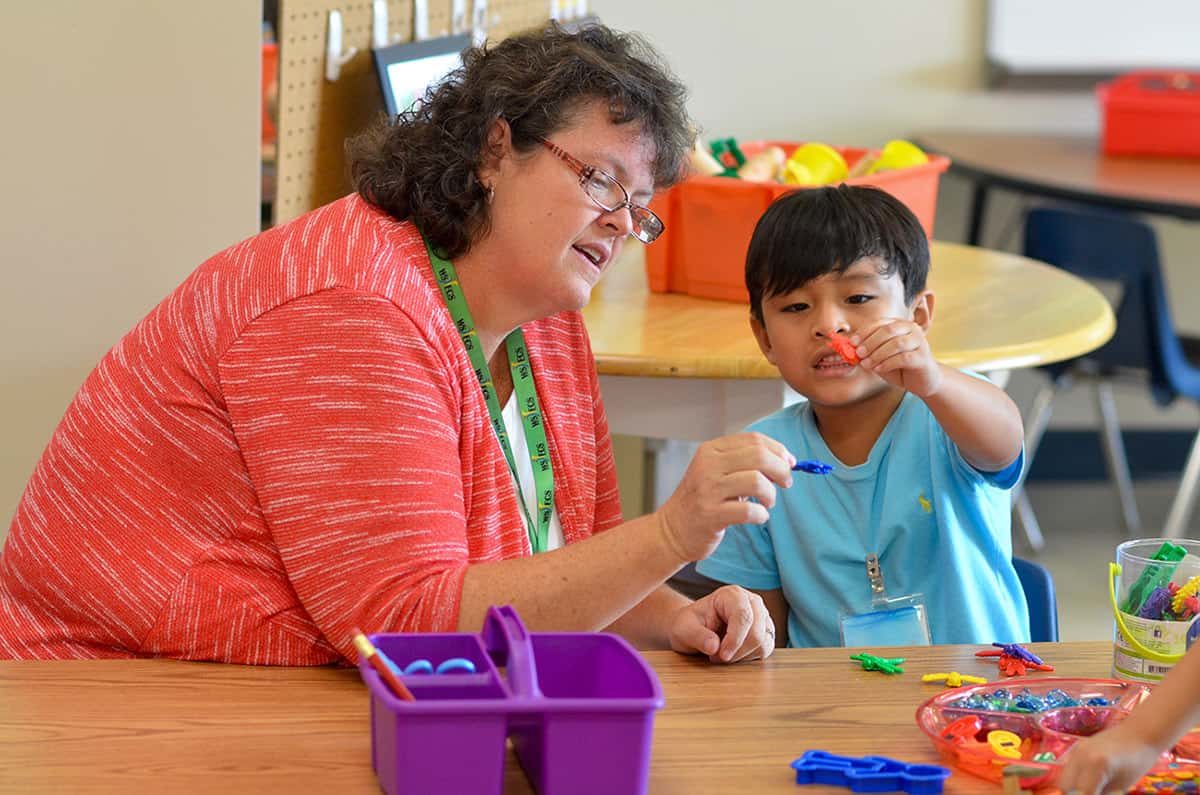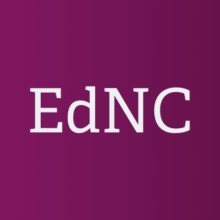

The following is a press release from Project Impact
WINSTON-SALEM, NC (NOVEMBER 21, 2017) – Preliminary results from the Winston-Salem/Forsyth County Schools’ Research and Evaluation Department indicate a second year of tremendous success for the Pathway to K program, with statistically-significant gains made in all five domains assessed for summer 2017. The most substantial gains were made in three key measurements: Letter Naming, Book Orientation and Object Counting. The summer 2017 results mirror many of the positive results from Pathway to K in summer 2016.
Pathway to K is funded by Project Impact, a community initiative providing additional operating funds to Winston-Salem/Forsyth County Schools to address critical student achievement gaps among lower-performing schools. Pathway to K also received support from the East Winston Missional Network.
Pathway to K is a three-week program using teaching and support staff from Winston-Salem/Forsyth County Schools and included more than 160 children in summer 2017 who previously were on a pre-kindergarten wait list but who had not had the pre-kindergarten experience. The program’s goal is to improve children’s readiness for kindergarten academically, socially and emotionally. Pathway to K was offered at seven sites last summer: Diggs-Latham, Kimmel Farm, Mineral Springs, Petree, Smith Farm, South Fork, and Speas Elementary School.
By week three of Pathway to K, the key measures from 2017 that had the most significant improvements over comparable week three increases in 2016 are:
- Letter naming: improved from 21 percent week one of 2017 to 47 percent by week three, a 26 percent increase. In 2016, letter naming improved from 33 percent in week one to 49 percent by week three, a 16 percent increase.
- Book orientation: improved from 43 percent in week one of 2017 to 88 percent by week three, a 45 percent increase. In 2016, book orientation improved from 61 percent in week one to 87 percent by week three, a 26 percent increase.
- Object counting: improved from 42 percent week one of 2017 to 79 percent by week three, a 37 percent increase. In 2016, object counting improved from 55 percent in week one to 74 percent by week three, a 19 percent increase.
“In both 2016 and 2017, there were marked improvements in key areas from week one to week three of the Pathway to K summer program,” Winston-Salem/Forsyth County Schools Superintendent Dr. Beverly Emory said. “Although three areas—Letter Naming, Book Orientation and Object Counting—stand out, we also saw good results for two other key measures, Engaging in Purposeful Choices and Grip and Manipulation.”
“I’m thrilled with the preliminary results from the summer 2017 Pathway to K program and thank the Project Impact leadership for having the wisdom and foresight to fund not only Pathway to K but also for additional summer school programs and pre-kindergarten classrooms,” Dr. Emory said. “We will continue to closely monitor all programs funded by Project Impact and look forward to sharing the results with the public.”
About Project Impact
Project Impact is a community initiative to provide additional operating funds to Winston-Salem/Forsyth County Schools to address critical student achievement gaps. Although still in the early stages of soliciting support, the initiative already has commitments of approximately $22 million toward its $45 million goal. A focus of Project Impact is intensive early intervention that targets proficiency gaps among lower-performing schools. Using strategies proven successful in other school districts, the initiative includes pre-kindergarten expansion, extended learning options, and expanded staff development and instructional support.
The Project Impact Fund is a component fund of The Winston-Salem Foundation. Project Impact’s Advisory Board consists of eight community leaders and two non-voting, non-local members who are experts in the early-childhood education field. For more information about Project Impact or to make a contribution, please visit ProjectImpact.WS.


